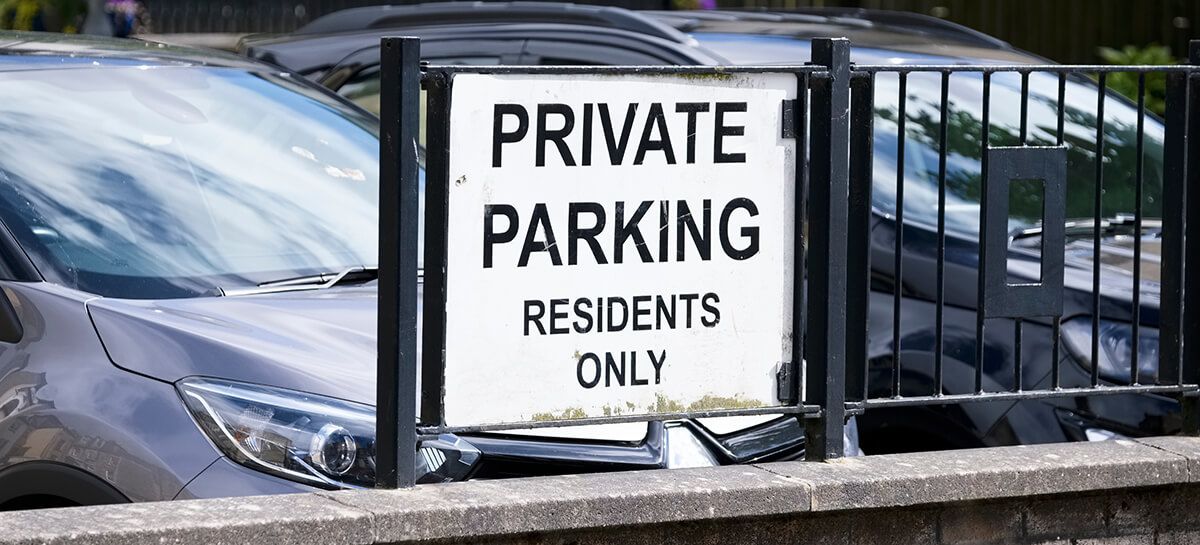Enforceability of Association Parking Restrictions Related to Public Streets

Many community association declarations contain restrictions on the parking of vehicles on streets located within the community. For communities that contain private streets maintained by the association, it seems clear that these restrictions would be enforceable. However, for communities that contain public streets, the enforceability of those restrictions is not so clear.
There appears to be no reported decision by a Florida appellate court dealing with the issue of whether a community association can enforce restrictions purporting to prohibit parking on public streets. However, that may soon change.
A trial court, in Pinellas County, has ruled that a homeowners association cannot enforce such parking restrictions relating to public streets. That case arose from the filing of a lawsuit by the impacted owners which sought the entry of an injunction prohibiting the association from enforcing a parking restriction relating to public streets. The trial court granted that injunction. The association that was a party to that case filed an appeal with the Florida Second District Court of Appeal. In Woodfield Community Association, Inc. v. Ortiz by and through Ortiz, 251 So. 3d 312 (Fla. 2d DCA 2018), the appellate court set aside the injunction, but only on the basis that the trial court’s order failed to include certain information needed to support entry of an injunction. The appellate court did not discuss the underlying issue of whether the injunction would have been sustained, on its merits, had the trial court listed the necessary information. Instead, that issue would need to be presented to the appellate court by the filing of a new appeal after the trial court enters a new order.
If such an order is entered by the trial court and the association files another appeal, Florida’s Second District Court of Appeal will be in a position to author the first Florida appellate court opinion as to the enforceability of parking restrictions relating to public streets.
There are at least 3 reported decisions, from out-of-state appellate courts, that have addressed this issue. In one of the cases, Raintree of Albemarle Homeowners Association, Inc., v. Jones 413 S.E. 340 (Va. 1992), the court ruled that such restrictions could not be enforced. In the other two cases, Maryland Estates Homeowners’ Association v. Puckett, 936 S.W. 2d 218 (Mo. Ct. App. 1996); and Verna v. The Links at Valleybrook Neighborhood Association, Inc., 852 A. 2d 202 (N.J. Super. Ct. App. 2004), the court ruled that such restrictions could be enforced, at least as to owners in the community.
The argument to support a finding that these restrictions are not enforceable is that an entity, such as a community association, does not have the authority to control access to or the use of a road that is owned by a municipality. The argument to support the enforceability of these restrictions is that parties, such as an association and its owners, are free to enter into a contract (the recorded deed restrictions) containing restrictions that would impose greater limits on an owner’s use of property than those imposed by governmental restrictions.